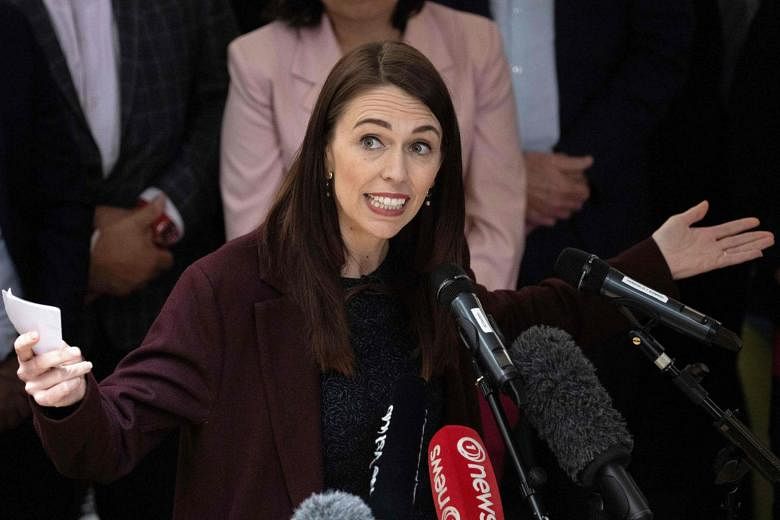WELLINGTON (AFP) - New Zealanders have narrowly rejected a proposal to legalise recreational marijuana, according to official referendum results released on Friday (Nov 6).
The "no" vote gained 50.7 percent support, compared to 48.4 percent in favour of legalisation, the New Zealand Electoral Commission said.
The figure for those opposed to recreational pot narrowed from the 53.1 percent recorded in preliminary data released last week, but still maintained a slim majority.
It also said final results from a second referendum to introduce euthanasia confirmed overwhelming support for the move, with 65.1 percent in favour and 33.7 percent against.
Prime Minister Jacinda Ardern, who voted in favour of both proposals, has vowed to honour the results of the vote, meaning the cannabis issue is unlikely to be revisited in her current term of office.
However, the closeness of the vote will encourage reform advocates, who argue that disadvantaged groups such as the Maori community are disproportionately targeted under current laws.
The dual referendums were held on Oct 17, alongside the general election that returned Ms Ardern to power with a landslide majority.
Ms Ardern did not disclose her position on the recreational cannabis debate during the election campaign, although the 40-year-old did admit to smoking marijuana "a long time ago".
Advocates of the bid to legalise cannabis expressed disappointment that the Kiwi premier did not reveal her support for the bill until after the vote.
The euthanasia law, which had bipartisan support, will come into effect in November next year. New Zealand will join only five other countries that have legalised euthanasia - Belgium, Canada, Colombia, Luxembourg and the Netherlands.
It allows a mentally sound adult who has a terminal illness likely to kill them within six months and is experiencing "unbearable suffering" to request a fatal dose of medication.
The request needs to be signed off by the patient's physician and an independent doctor, with a psychiatrist called in if either has doubts about the person's ability to make an informed decision.

